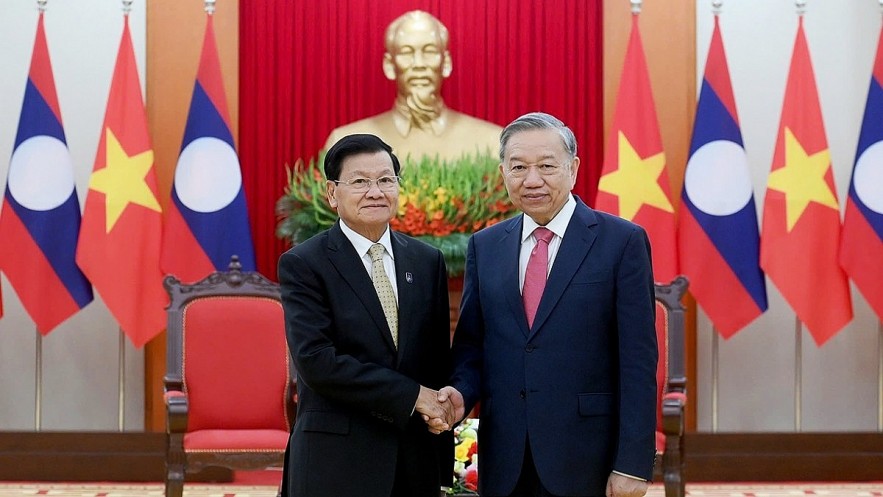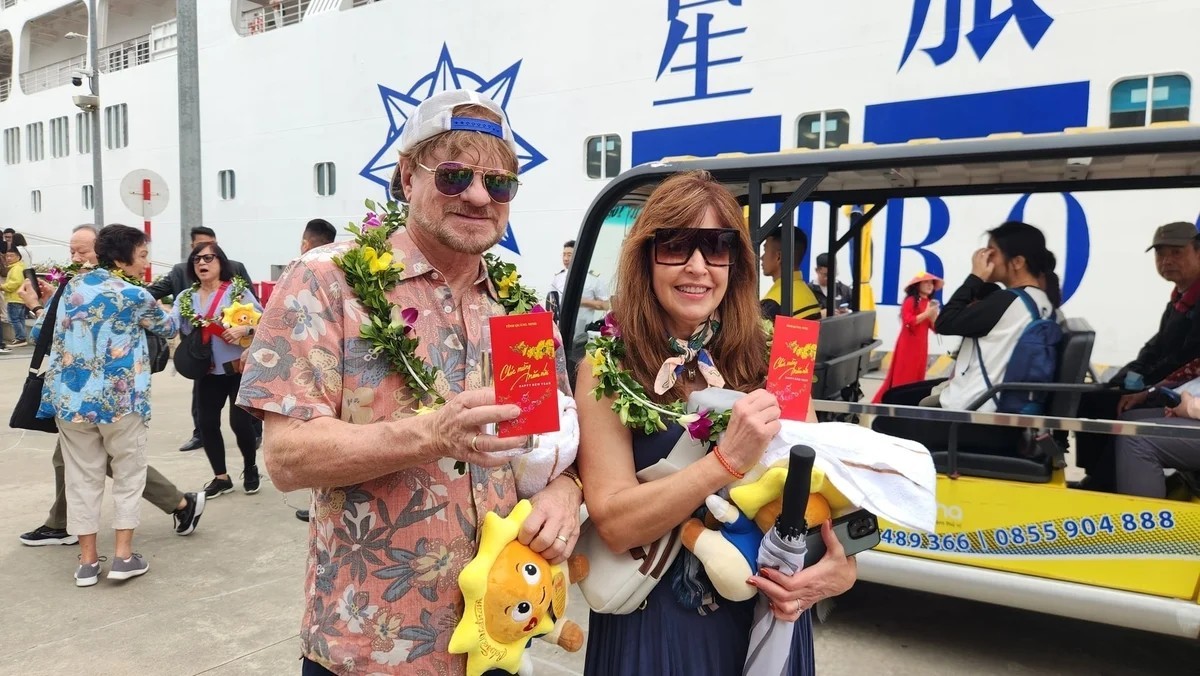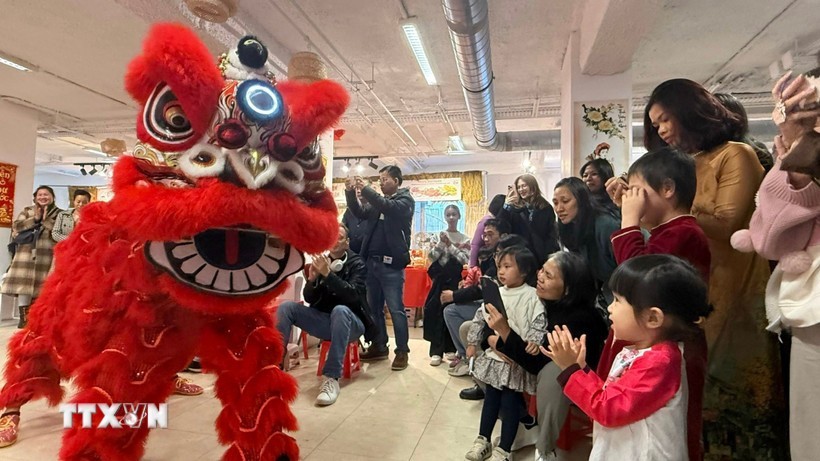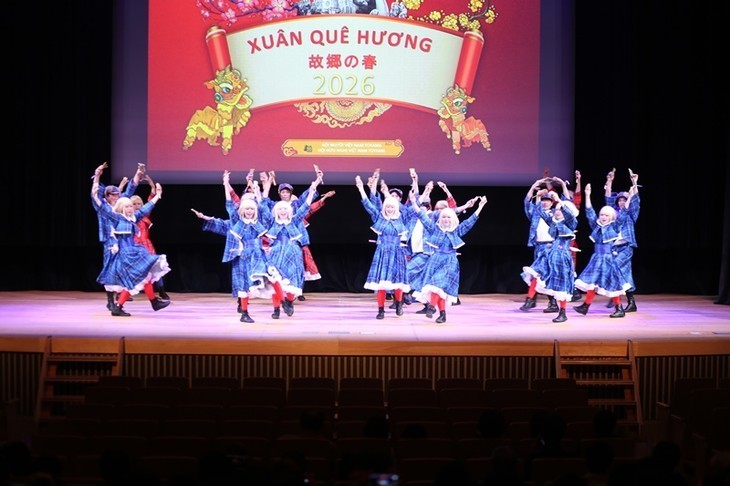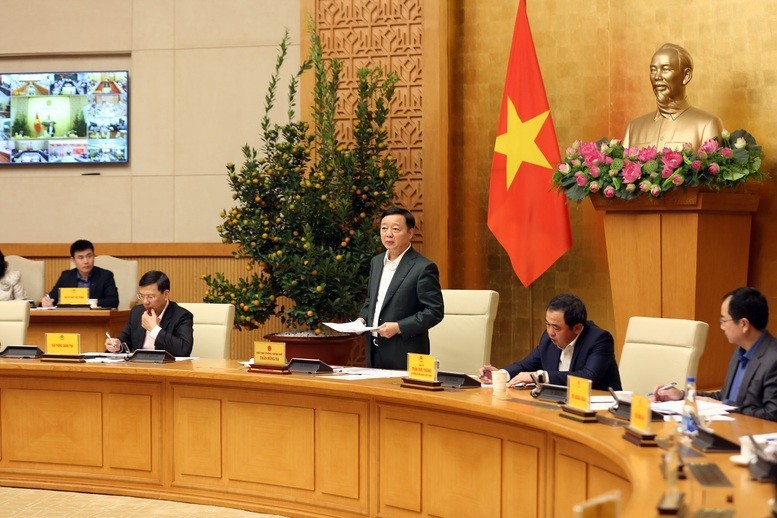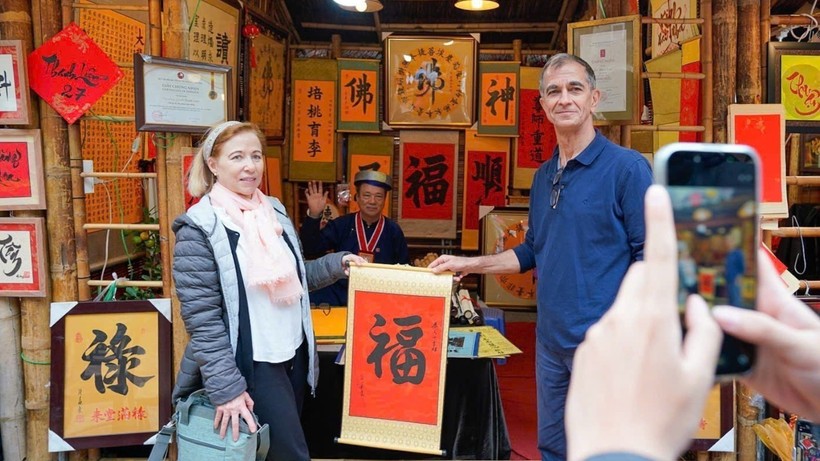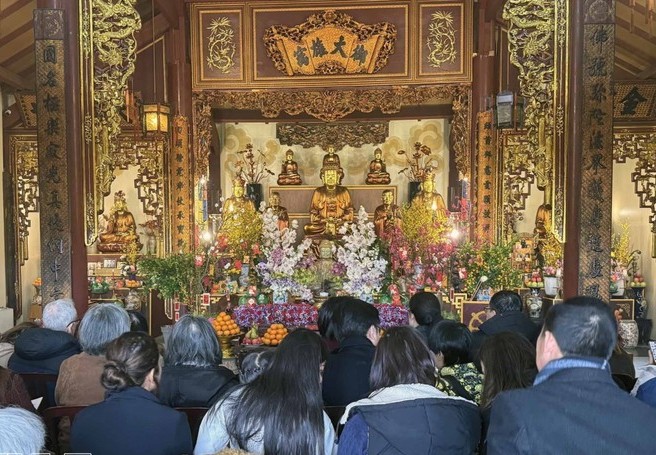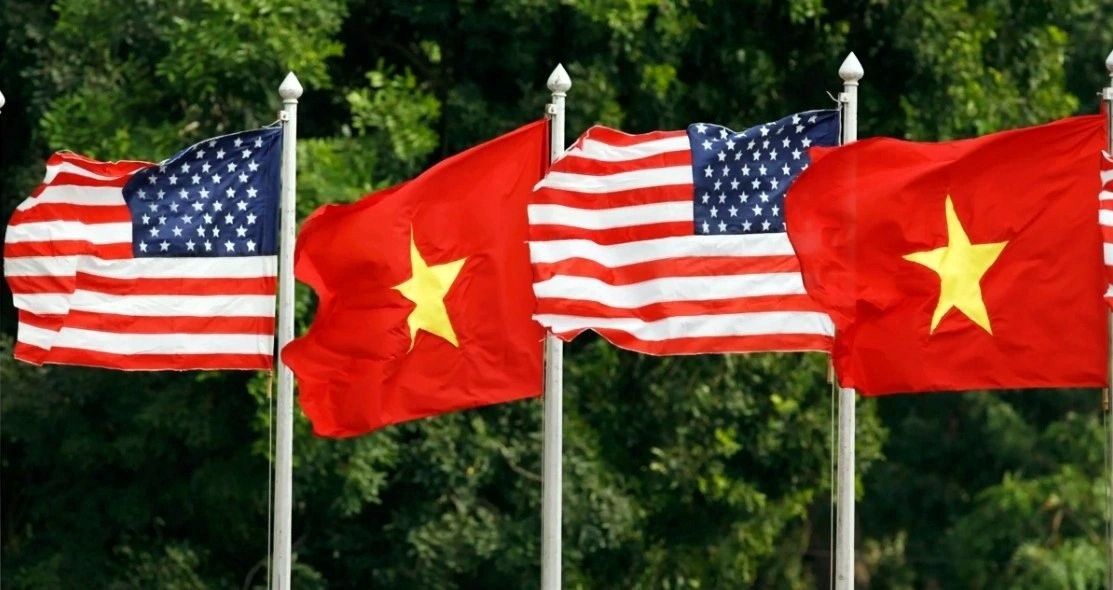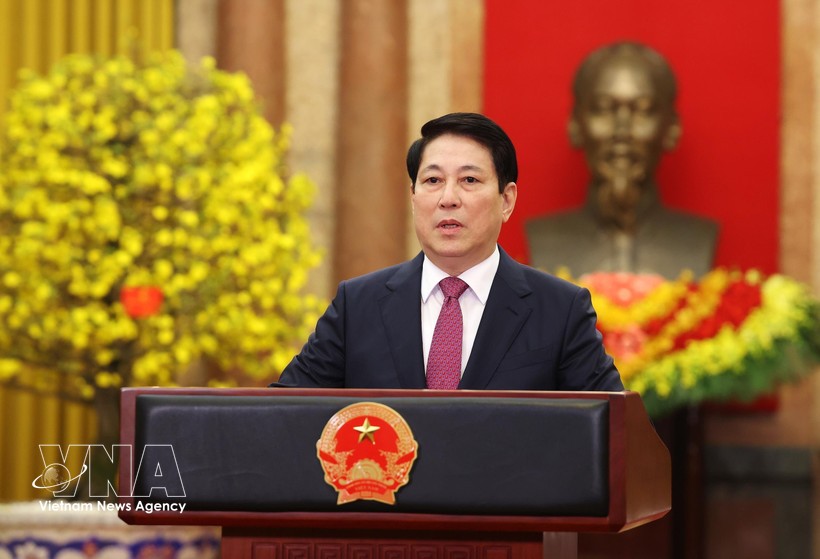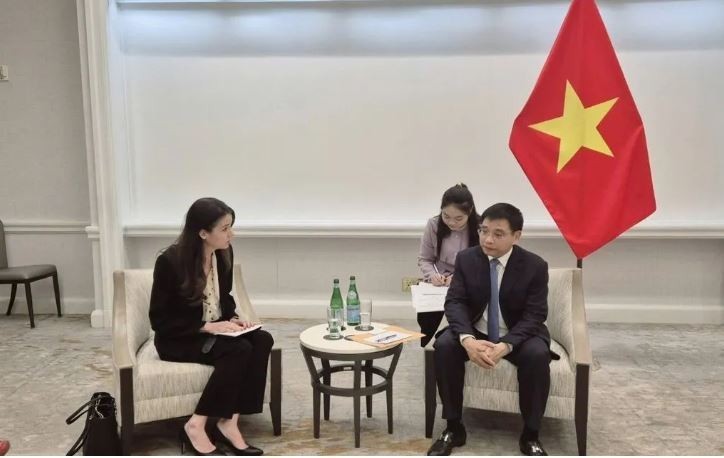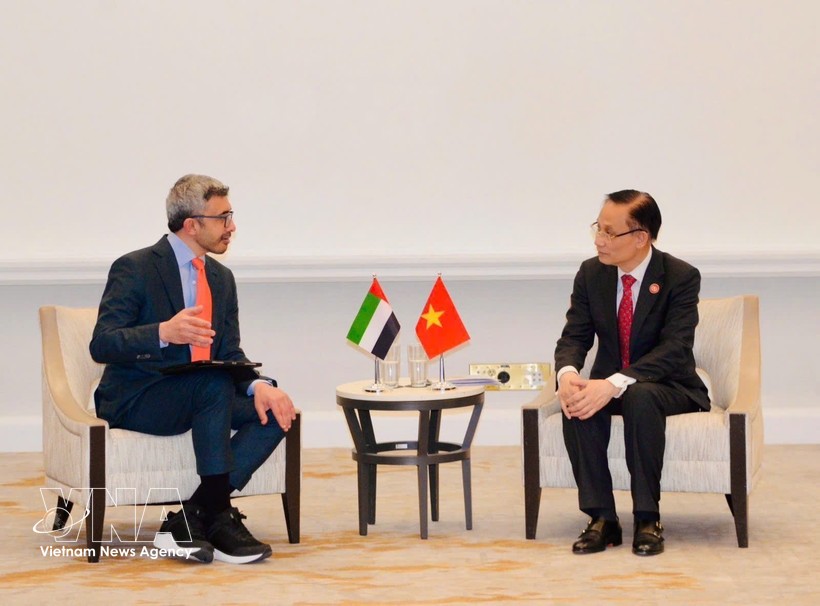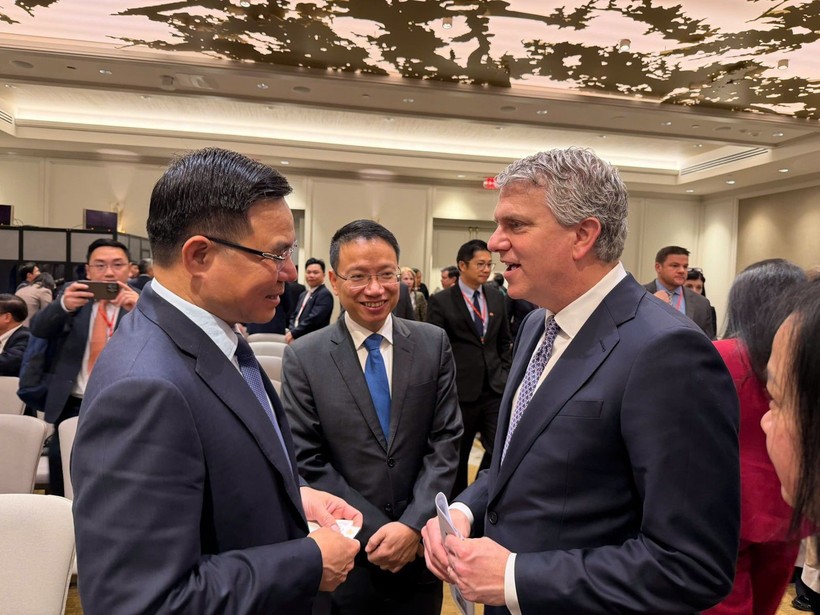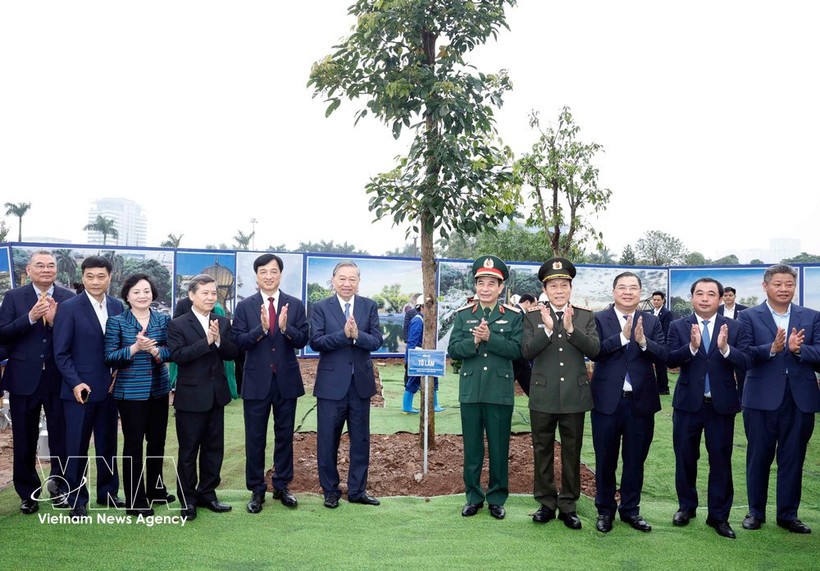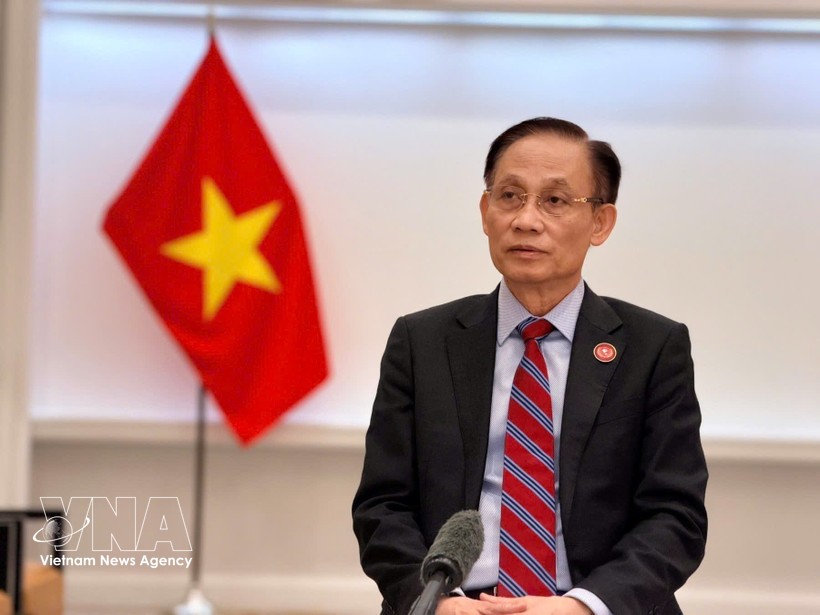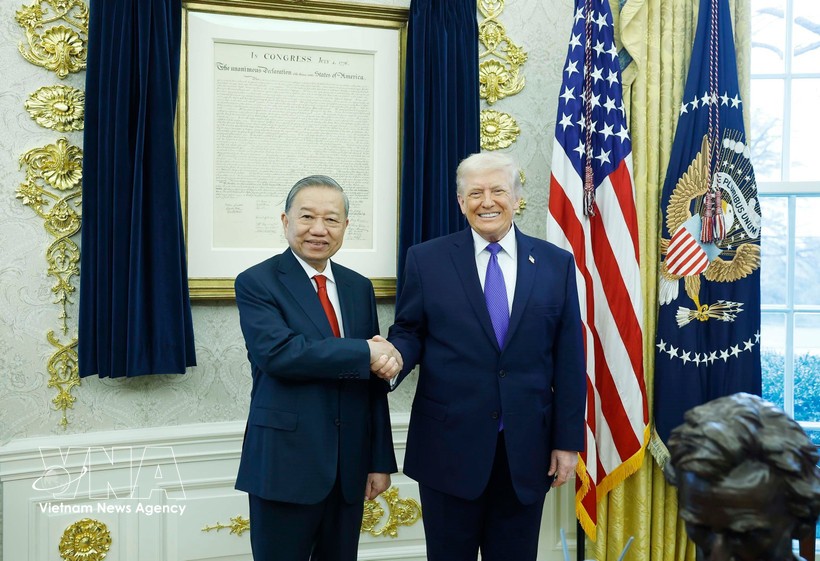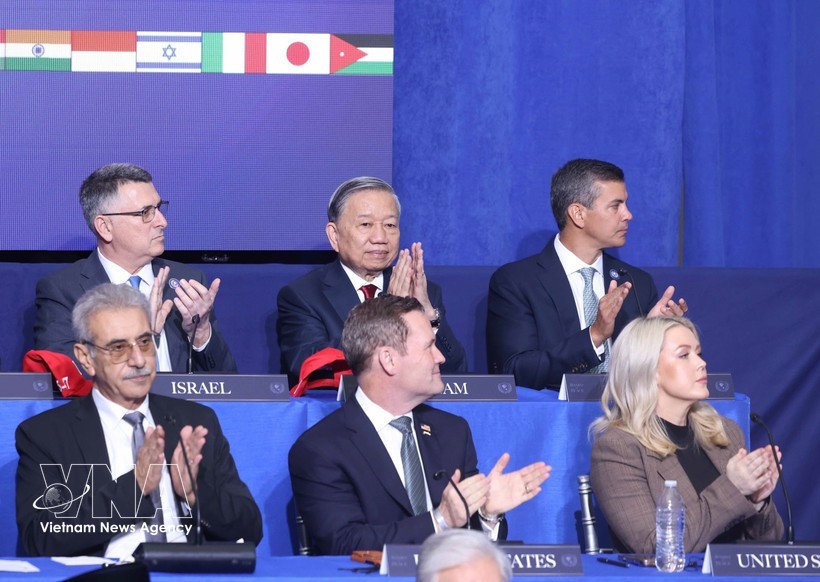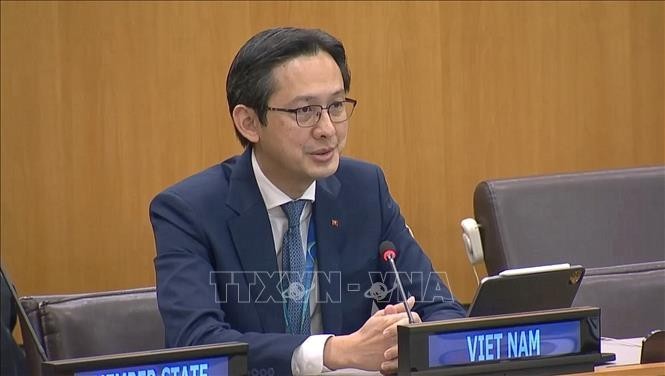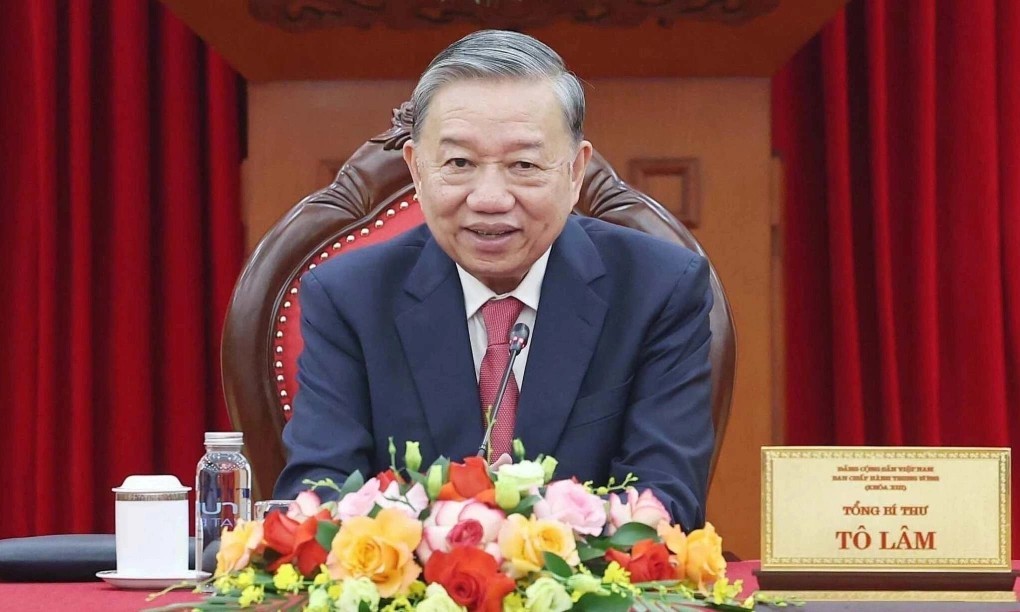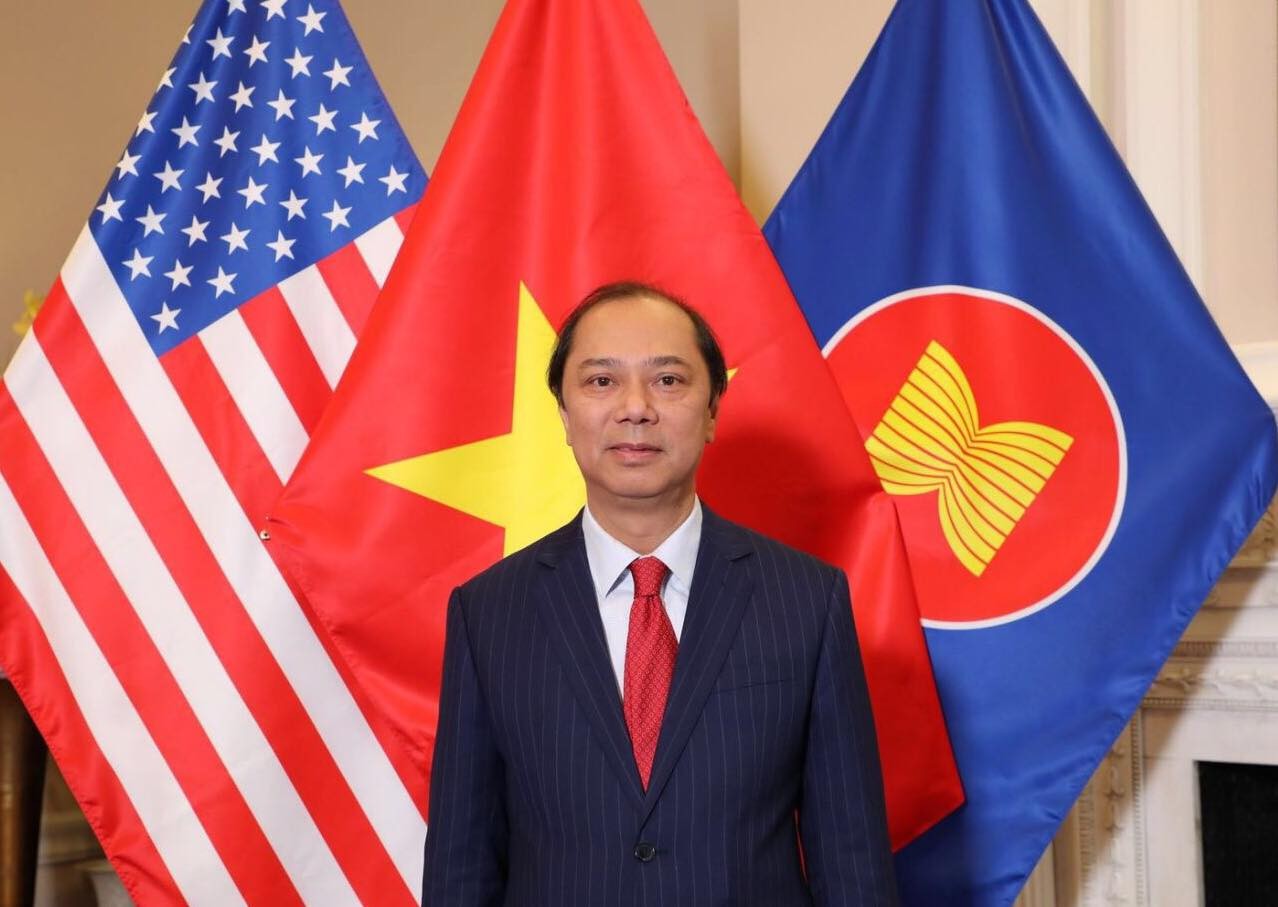UN to continue accompanying Vietnam in new development stage: UN Secretary-General
The UN Secretary-General expressed his strong expectation and confidence that Vietnam will continue to uphold and promote its role, standing, and reputation to contribute to shaping a new structure of international relations, especially amid today’s rapidly changing and complex global political landscape.
Prime Minister Pham Minh Chinh had a meeting in Hanoi on October 25 with United Nations (UN) Secretary-General Antonio Guterres, who said the UN will continue to accompany Vietnam in the country's new stage of development.
The meeting took place as the latter was on an official visit to Vietnam and attended the signing ceremony of the UN Convention against Cybercrime, also known as the Hanoi Convention.
Welcoming the UN Secretary-General, PM Chinh emphasized that the visit holds great significance in strengthening the long-standing cooperation between Vietnam and the UN, from the post-war reconstruction period to the era of Doi moi (renewal). He expressed his hope that the UN will continue to accompany and support Vietnam as the country enters a new stage of development.
Affirming that supporting and cooperating with the UN is a “tradition” of Vietnam, he stressed that in the coming period, Vietnam will further enhance its contributions to the organization’s activities.
The host appreciated the UN’s immense contributions to peace and development, and the protection of human rights worldwide, noting that in the context of an evolving multipolar international landscape with complex developments, the UN’s role is becoming more important than ever.
He affirmed that Vietnam consistently advocates multilateralism with the UN at the center and promotes adherence to the UN Charter and international law, and that its hosting of the signing ceremony is a clear demonstration of this strong commitment.
Emphasising Vietnam’s consistent viewpoint that the people are the center, goal, and driving force of development, PM Chinh affirmed economic growth in Vietnam goes hand in hand with environmental protection, social security, and the safety and well-being of the people, especially vulnerable groups. Vietnam, like every other nation, must make efforts to ensure peace, stability, and sustainable development, and only then can the world and regions maintain peace and stability to create favorable conditions for sustainable and human development, he stated.
Based on the shared interests of both sides, the Government leader proposed the UN and Vietnam continue strengthening cooperation in the priority areas. First, in responding to climate change and promoting energy transition, he called on the UN to support Vietnam in accessing preferential climate finance, receiving next-generation clean technologies, and enhancing response capacity.
Second, he suggested the UN continue to promote reforms of the international financial architecture, effectively mobilise ODA and private capital, encourage digital transformation for inclusive development, and step up resource mobilisation for Vietnam to accelerate the implementation of the Sustainable Development Goals (SDGs).
Third, given the recent complex developments in international affairs, PM Chinh stressed that the international community should continue to uphold the central role of the UN, promote the role of the UN Charter and international law, and strengthen global solidarity to address global challenges and conflicts in regions.
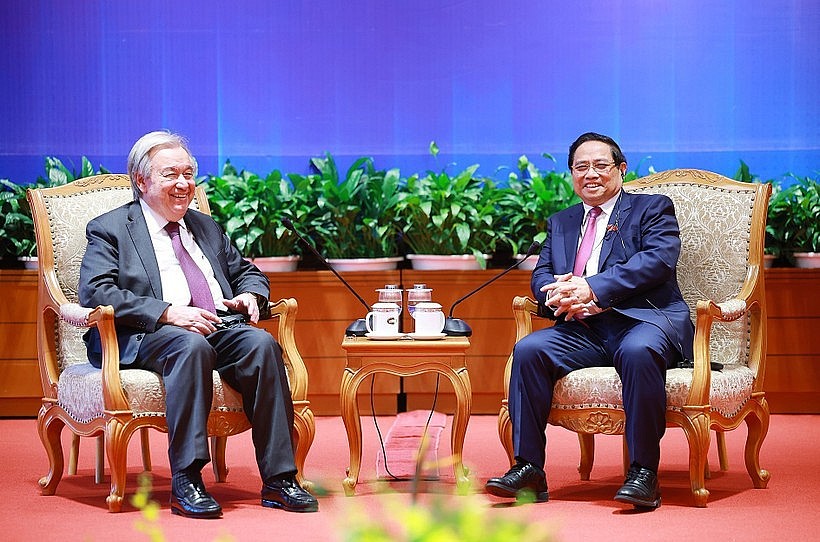 |
| Prime Minister Pham Minh Chinh (R) meets with United Nations Secretary-General Antonio Guterres in Hanoi on October 25. (Photo: VNA) |
Secretary-General Guterres congratulated Vietnam on successfully hosting the signing ceremony of the UN Convention against Cybercrime, which, he said, is the latest testament to Vietnam’s prominent role and active contributions at multilateral forums, as well as its well-recognised initiatives and contributions in areas such as peacekeeping, sustainable development promotion, climate change response, and South – South cooperation.
He affirmed that the UN will continue to accompany Vietnam in the country's new stage of development, particularly in supporting the implementation of its climate commitments, the SDGs, and global financial reforms.
The UN Secretary-General appreciated Vietnam’s role and position, and the respect it receives from the international community – a recognition rooted in both Vietnam’s history, its current success in realizing the ideals pursued by the UN in peace, security, development, and human dignity, as well as its broad network of relations with all UN member states.
Therefore, he expressed his strong expectation and confidence that Vietnam will continue to uphold and promote its role, standing, and reputation to contribute to shaping a new structure of international relations, especially amid today’s rapidly changing and complex global political landscape.
He also called on Vietnam to actively support the UN’s initiatives and priorities aimed at accelerating the realisation of the SDGs and reforming the global financial architecture, according to VNA.
The Secretary-General expressed his hope that Vietnam will make even stronger climate commitments and take part in the UN’s efforts in preventive diplomacy, mediation, and conflict prevention.
Both sides also showed the belief that with shared efforts and determination, the Vietnam – UN partnership will continue to grow stronger, for the benefit of the Vietnamese people and for peace, cooperation, sustainable development, and progress worldwide.
Hanoi Convention: Vietnam’s key role in multilateral cooperation
Vietnam's hosting the Signing Ceremony and High-Level Conference of the United Nations Convention against Cybercrime, also known as the Hanoi Convention, on October 25-26, has been highlighted by foreign media outlets, including Xinhua, AFP, and Reuters.
According to China’s Xinhua news agency, held under the theme "Countering Cybercrime - Sharing Responsibility - Securing Our Future," the event brought together UN Secretary-General Antonio Guterres, along with leaders and senior representatives from about 110 countries and numerous international organisations.
Addressing the high-level opening ceremony, Vietnamese State President Luong Cuong said that Vietnam's hosting of the signing ceremony and its position as the first country to sign the Hanoi Convention demonstrate its strong commitment to the rule of law and the full implementation of international obligations, contributing to strengthening the global legal order in cyberspace.
The agency cited the UN Secretary-General as saying that the true power of the convention would lie in turning signatures into tangible action.
Through the UN Office on Drugs and Crime, the Secretariat of the convention and the UN Office of Legal Affairs, he said the UN will help countries bring the treaty into force, build capacity, strengthen investigations and deepen cooperation across borders, cited VNA.
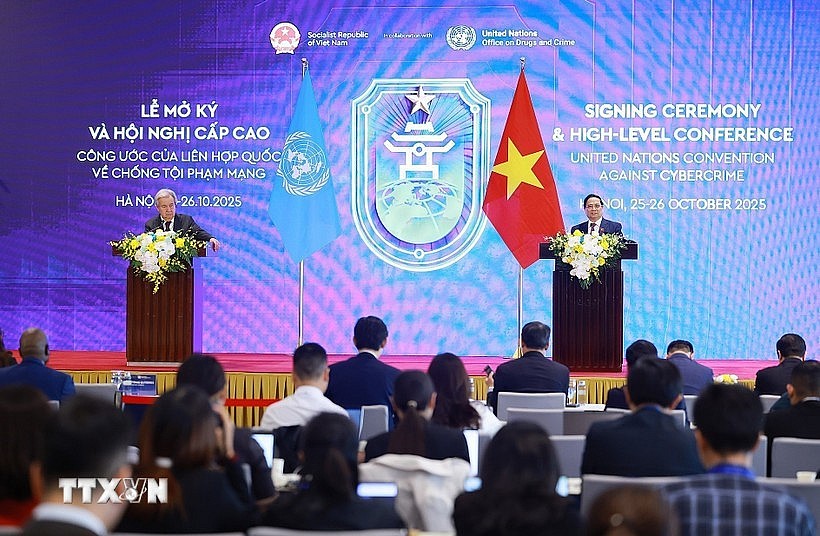 |
| Prime Minister Pham Minh Chinh and UN Secretary-General Antonio Guterres at a press briefing during the signing ceremony (Photo: VNA) |
Meanwhile, French news agency AFP described the Hanoi Convention as the world’s first global legal framework designed to strengthen international cooperation to fight digital crimes – from cross-border fraud and money laundering to organised cybercrime.
AFP cited a message from UN Secretary-General Guterres, who said that the signing ceremony in Hanoi is an "important milestone," but that it was "only the beginning".
According to British news agency Reuters, the Hanoi Convention represents an unprecedented move by the United Nations to help countries respond more quickly and effectively to cybercrime, a sector that costs the global economy trillions of dollars each year.
The UN Office on Drugs and Crime (UNODC), which led the treaty talks, said the agreement includes provisions to protect human rights and allows states to reject cooperation requests that conflict with international law, Reuters reported.
Vietnam ranks fifth in Southeast Asian Influence Index
The Lowy Institute, an independent, nonpartisan international policy think-tank based in Sydney, Australia, has released its latest Southeast Asian Influence Index, with Vietnam ranking fifth among 11 regional countries, scoring 29.7 points overall.
The Lowy Institute highlights Vietnam’s strong diplomatic influence, where the country also comes in fifth within Southeast Asia. However, it ranks eighth in economic relationships, 11th in cultural influence, and 12th in defense networks.
Malaysia tops the index with 36.6 points, followed by Singapore (35.7), Indonesia (34.8), and Thailand (32.0).
Vietnam ranks ahead of the Philippines (26.3), Brunei (21.6), Cambodia (20.3), Laos (19.2), Myanmar (16.4), and Timor-Leste (7.4), VOV reported.
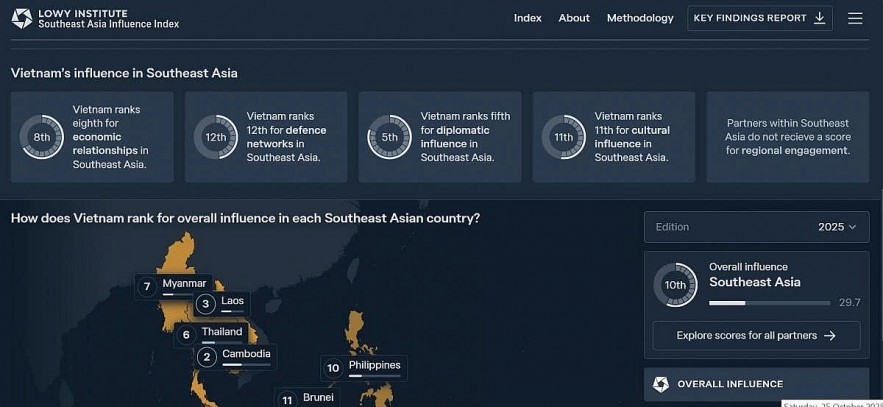 |
| Vietnam ranks fifth among 11 regional countries in Southeast Asian Influence Index. (Image source: Lowy Institute) |
On a broader scale, the Lowy Institute identifies China as the most influential power in Southeast Asia, scoring 65.3 points, followed by the United States (64.4) and Japan (47.9).
In terms of economy, China is considered to have the strongest influence, while the US and Japan come second and third, respectively. In the defense network, the US is considered to have the most extensive cooperation in the region, followed by Australia and Thailand.
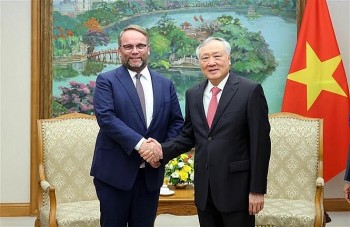 | Vietnam News Today (Oct. 22): Party leader, Finnish President witness signing of bilateral cooperation documents; Germany’s Hessen state ready to support Vietnam in developing int’l ... |
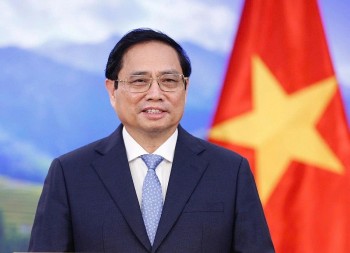 | Vietnam News Today (Oct. 23): PM to Attend 47th ASEAN Summit and Related Meetings in Malaysia Vietnam News Today (Oct. 23): PM to attend 47th ASEAN Summit and related meetings in Malaysia; Vietnam promotes economic transformation initiatives at UNCTAD 16; Havana ... |

